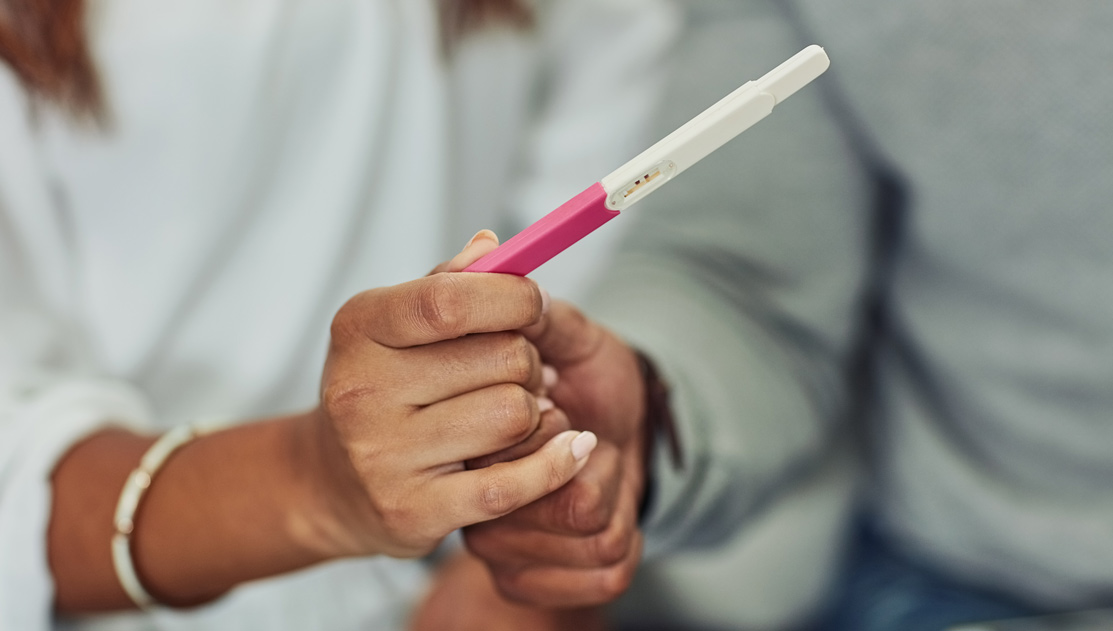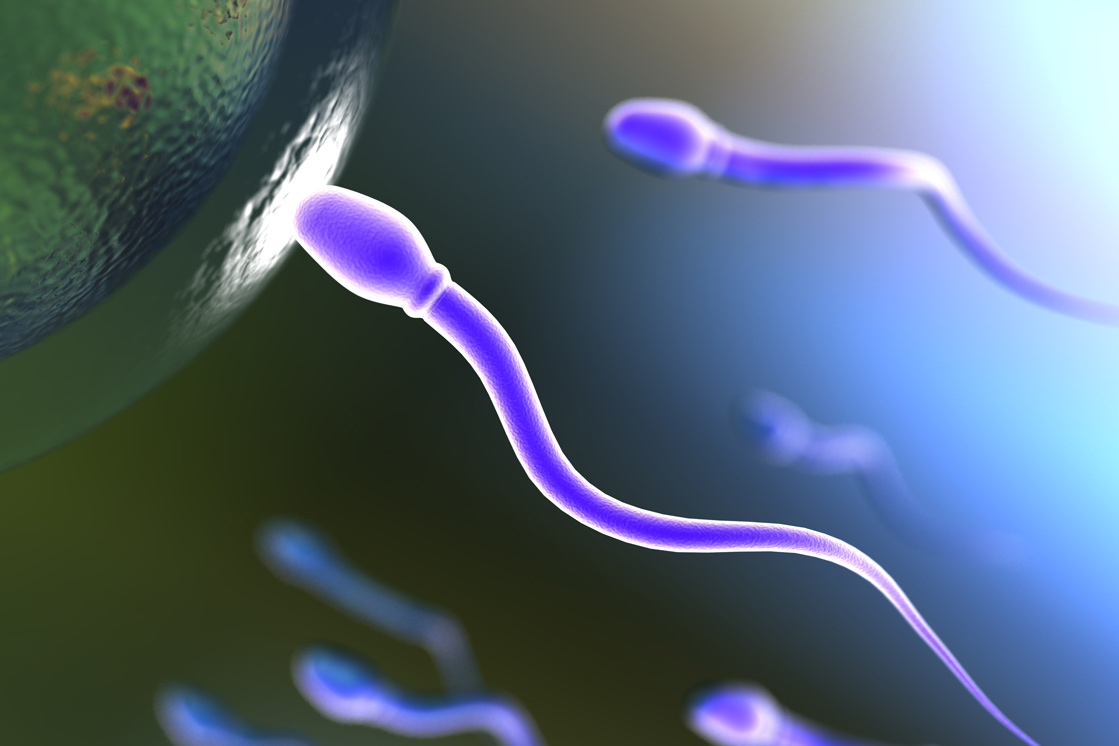Did you know that a sexually transmitted infection can have a permanent impact on fertility? Dr Amin Gorgy, Fertility Consultant here at The Fertility & Gynaecology Academy, answers the question: How do STIs affect fertility?
STIs are to blame for a more cases of infertility than most realise. Many people think ‘It won’t happen to me’ but the reality is that the prevalence of STIs has risen considerably in recent years. In the UK, between 2017 and 2018, cases of STIs rose by 5%. That may not sound like much, but that correlates to an STI diagnosis around every four minutes in the UK (approx 400 per day). London alone is responsible for a whopping 25% of all UK STIs, says the FPA. Cases of syphilis in particular are at an all time high and have doubled since 2007.
Most people are unaware they even have an STI as the majority of people with an infection do not experience any symptoms. This means that if you’ve ever had unprotected sex, even if you don’t have any symptoms, you could still have an STI. Left untreated, STIs often impact fertility permanently. Without regular STI testing, many couples only discover it’s an issue when they are unable to conceive. And even without symptoms, you can pass it onto others. STIs aren’t just a factor in infertility but also lead to higher risk of miscarriage and stillbirth.
Chlamydia is the most commonly diagnosed STI, and often goes unnoticed. Only half of men with chlamydia will show symptoms, but left untreated, it can lead to a considerable decline in the motility and quality of sperm which can make it more challenging to conceive. A huge 75% of women will not show any symptoms. Sadly, chlamydia causes a lot of damage to a woman’s fertility if left untreated. The European Centre for Disease Prevention and Control suggests that approximately half of tubal infertility cases are as a result of chlamydia.
Chlamydia, as well as fellow STI gonorrhoea, is frequently the cause of Pelvic Inflammatory Disease (PID) in women. The bacteria moves from the vagina or cervix up into the reproductive organs and this can cause scarring. It is this scarring which affects the ovaries, fallopian tubes and the womb, making it harder for an egg to meet the sperm in the fallopian tube to fertilize and to implant in the uterus. It also makes it more difficult for the fertilized egg (embryo) to travel through the fallopian tubes and can be the cause of ectopic pregnancies which can result in rupture of the fallopian tube. This can be life threatening.
PID symptoms include:
- Heavy and/or painful periods
- Bleeding between periods and/or after sex
- Pelvic pain
- Pain during sex
- Unusual discharge (particularly if it is green or yellow in colour)
How do I know if I have an STI?
Have you ever had unprotected sex or sexual contact? If so, you’re at risk of having an STI.
Chlamydia, herpes, gonorrhoea, hepatitis and HIV are just some of the infections that don’t always display symptoms. The only way you can be sure that you don’t have an STI is to get tested.
If you’re planning to start a family, it can be a good idea to get a sexual health screen. This way you can discover right away if an STI might affect your chances of natural conception. It’s generally recommended that anyone sexually active should get STI tests if:
- You’ve had unprotected sex
- You’re showing any symptoms of an STI
- Any of your previous partners have had an STI
- When you have sex with a new partner
The best way to protect yourself is to practice safe sex and if you are worried, get tested and treated as soon as possible.
What if I discover I have an STI? What does that mean for my chance of becoming pregnant?
If tests show you have an STI, the first step is to get appropriate treatment. Treatment for STIs is usually simple and effective with a course of antibiotics. If the infection has been left untreated for a long time, it’s possible that it has caused irreparable damage and can dramatically lower your chances of becoming pregnant naturally.
Having said this, there are a choice of assisted conception treatments which can help you to become pregnant. Once your fertility consultant has assessed your test results, history and spoken with you, they will be able to advise the best course of treatment for your individual situation.
Concerned about your fertility? If you’ve had an STI, or are worried you may have one, it’s important to seek help right away. You can call our friendly admin team on 020 7224 1880 or email info@fertility-academy.co.uk to book in for an initial consultation.
As a private fertility clinic in London, our small, compassionate team offers entirely confidential service with exceptional levels of care.







